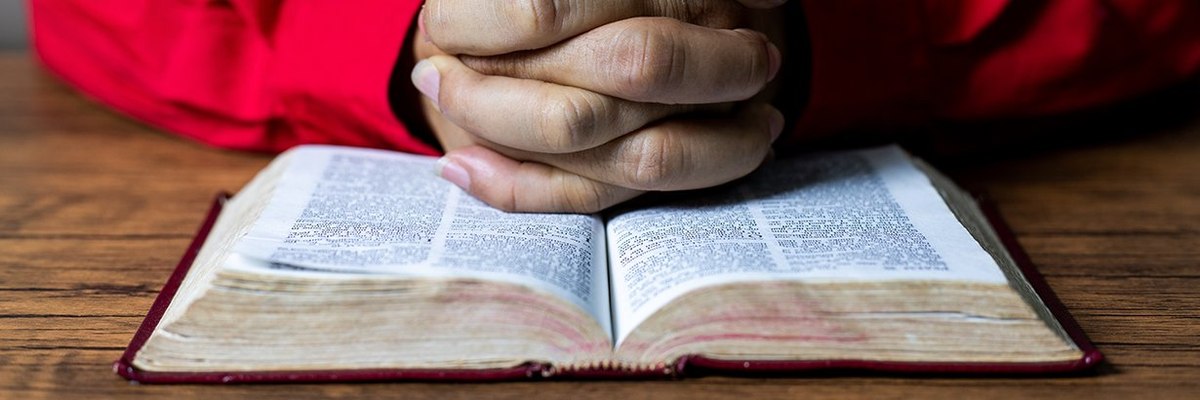A new YouGov study investigates opinions and attitudes of the UK public about Christianity and religion, with a focus on the perceptions and practices regarding two major holidays – Christmas and Easter
The study investigated how Christmas and Easter are perceived and celebrated, whether their religious aspects should be emphasized in the country or not, as well as the role these events play in the lives of British people.
We also looked into what the public says about the existence of god/a higher power, how familiar Britons are with the Bible’s accounts of Christmas and Easter, and what they think about who Jesus was.
Our study has found that whilst the majority of Britons celebrate both Christmas and Easter, most do it in a secular way. There is a generational divide when it comes to which holiday is more important in the Christian calendar. For those who celebrate, Christmas is more important than Easter. Whilst the majority of Britons think that the religious aspects of Christmas/Easter celebrations are on the decline, a minority would like to see this reversed.
Religiousness is also low – with over half of Britons (55%) saying they are not a member of any religion. Even amongst those who are religious, just over half say they believe there is a god.
We divided the results of the study into five broad chapters:
- What do Christmas and Easter mean to Britain?
- How Britons celebrate Christmas and Easter
- Jesus, his birth and resurrection: fact or fiction?
- How religious are British people?
- Britain is still a Christian country, say most Britons
The total sample size was 2,169 adults. Fieldwork was undertaken between 27th - 30th November 2020. The survey was carried out online. The figures have been weighted and are representative of all UK adults (aged 16+).
Here are the top 12 things we learnt about the perceptions of Christian religious holidays among the British:
1. Nearly nine in ten Britons (86%) say they celebrate Christmas, while just over half (54%) celebrate Easter. Women are more likely than men to say they celebrate either holiday
2. Among British Christians, 49% say Easter is the more important Christian holiday, whilst just over four in ten (42%) put Christmas
3. Around eight in ten Britons (82%) say that the religious aspects of Christmas celebrations are declining, with seven in ten (72%) saying the same of Easter. Around four in ten (40-42%) who think the religious significance of Christmas and Easter is in decline say this is a bad thing, while 18% say it is a good thing
4. Just 4% of Britons who celebrate Christmas do so in a religious manner, whilst for six in ten (61%) it is a completely secular event. Three in ten (31%) combine the two aspects. Easter is marked in a religious fashion by 10% of those who observe this holiday, 56% have a secular celebration and 29% combine the two
5. A quarter of Britons (27%) follow the Pope’s Christmas/Easter message. A third (32%) pay attention to the Christmas/Easter messages by the Archbishop of Canterbury
6. Half (52%) consider the story of the birth of Jesus Christ to be historically inaccurate, whilst 31% think it’s accurate. Among British Christians, over a quarter (27%) say they don’t believe in the accuracy of the Christmas story
7. About a quarter (28%) of Britons believe that Jesus was ‘the son of God’. Four in ten (41%), however, say Jesus was a historical figure and 15% think he was a fictional character
8. A quarter (27%) of Britons say they believe in ‘a god’. Four in ten (41%) neither believe in ‘a god’ nor in a ‘higher power’
9. More women (59%) than men (51%) report religion being important in their lives. Just over half (54%) of religious Britons say religion plays an important role in their lives
10. Over half (56%) of Britons say the UK is a Christian country. This view is held by seven in ten (69%) British Christians. The 16-24-year-old generation is split: 41% say Britain is a Christian country, whilst 39% say it isn’t
11. A third of Britons (33%) think schools should teach more about Christian holidays than about holidays of other religions. Half (53%), however, think they should teach children equally about Christian holidays and holidays of other religions
12. Overall, 12% of the British public disapprove of schools organising Nativity plays










